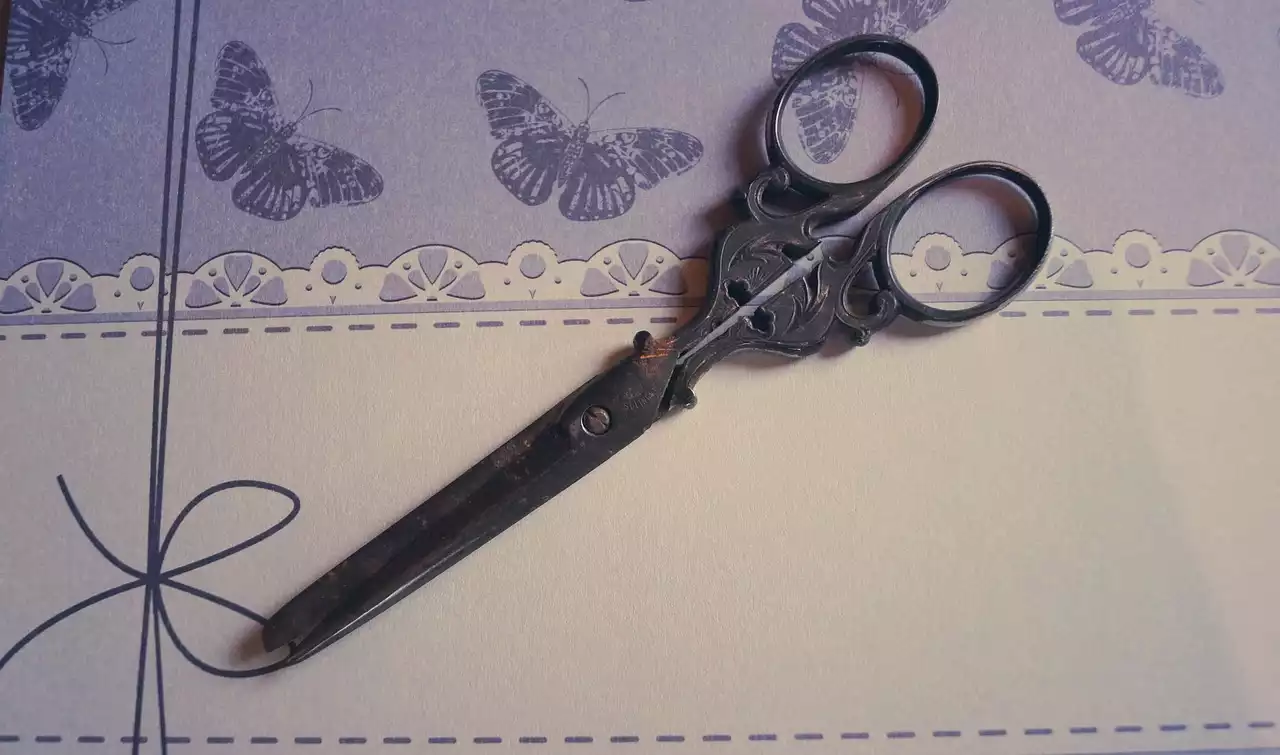Acknowledging the Pain of a Failed Relationship
It's very easy to fall back on denial and try to pretend like the relationship didn't matter. That this is a normal response to the pain of a failed relationship, but it can really hinder the process of healing and moving on. It's so important to acknowledge the pain of a failed relationship, to allow yourself to feel it, and to express it. There is no way around this, and you will only prolong your healing by denying the pain and trying to move on too quickly. It's important to give yourself space to grieve and acknowledge all of your emotions. You don't have to justify your feelings or try to make sense of them; just accept them and allow them to happen.
Stages of Grief and Healing Following a Failed Relationship
When a relationship ends, we go through a grieving process just like we would after the loss of a loved one. There are different stages that we go through, and it can sometimes feel like the end of the world. Denial and isolation are the first stages of this process. This is when you try to pretend like the relationship never happened and that it doesn't hurt you. Anger is the next stage of this process. This is when you direct your emotions toward your partner and blame them for the end of the relationship. Bargaining is the next stage. This is when you try to make deals with the universe to make the relationship work. Depression is the next stage. This is when you feel hopeless and alone. It is important to reach out to people during this time. Acceptance is the final stage. This is when you realize that the relationship is over and that you have to move on. This doesn't mean that you forget about the relationship or don't care about it, it just means that you are ready to let it go. While every failed relationship is different, each of these stages can be expected to happen at some point during the healing process.
Self-care Strategies for Moving On
It's important to take the time you need to heal and to care for yourself throughout the process of moving on. Make sure to get enough sleep, eat healthily, and exercise regularly to help with the healing process. You can also try journaling, reaching out to family and friends, and getting involved in activities that you enjoy. Self-care is crucial for surviving the healing process and for being able to be there for other people. It's important to avoid people and situations that are toxic for you and that will only add to your pain. Instead, try to be around people who care about you and who would want to help you heal. It will be much easier to heal when you are around positive people who support you.
Understanding the Need for Time to Heal
It's important to recognise that the process of healing from a failed relationship can take time. You can't rush this process; it has to happen naturally. It's so important to give yourself time and not expect yourself to be over the relationship right away. If you try to rush this process and force yourself to move on before you're ready, you will only prolong your pain and make the healing process harder. Remember that you deserve as much time as you need to heal.
Recognising the Importance of Boundaries
Boundaries are incredibly important during the process of healing from a failed relationship. It can be really tempting to engage with the person who broke your heart, either through social media or by trying to be friends with them. This is a normal reaction, but you need to be careful. Engaging with the person who broke your heart will likely prolong your pain and make it harder for you to move on. It's important to set healthy boundaries with this person and to avoid them as much as possible.
Finding Closure in a Failed Relationship
The closure is a tricky thing, and it's not something that happens instantaneously. However, it is possible to find closure in a failed relationship. First, you need to understand that you will likely never get an explanation from your partner. That doesn't mean that you can't find closure; it just means that closure will come from within you. Try to find what you can take away from the failed relationship and what life lessons you can learn from it. What did you do right? What did you do wrong? What would you do differently? Once you are able to find lessons in the relationship, you will be able to find closure.
Releasing Yourself from Guilt
It's common to feel guilty following a failed relationship. After all, your partner probably invested a lot into the relationship, only to be rejected by you in the end. It's important to release yourself from any guilt associated with the breakup. You didn't do anything wrong. You can't control other people's actions, and you can't force someone to love you. Guilt only holds you back from healing and from moving on with your life. It's important to recognise that you aren't to blame for the breakup and that you don't need to feel guilty about it.
Learning from Failed Relationships
Failed relationships can be incredibly difficult, but they can also teach us a lot about ourselves. What did you do right? What did you do wrong? What would you do differently? What did you learn from this experience? What would you do differently next time? It's important to reflect on these questions and to use this experience to help you become a better person. Finally, it's important to remember that relationships don't always work out. Some relationships just aren't meant to last, and that's okay. It's important to be gentle with yourself and to remember that you deserve love and that you are worthy of love.










